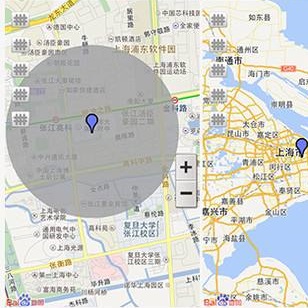Simultaneous localization and mapping (SLAM) is the task of building a map representation of an unknown environment while it at the same time is used for positioning. A probabilistic interpretation of the SLAM task allows for incorporating prior knowledge and for operation under uncertainty. Contrary to the common practice of computing point estimates of the system states, we capture the full posterior density through approximate Bayesian inference. This dynamic learning task falls under state estimation, where the state-of-the-art is in sequential Monte Carlo methods that tackle the forward filtering problem. In this paper, we introduce a framework for probabilistic SLAM using particle smoothing that does not only incorporate observed data in current state estimates, but it also back-tracks the updated knowledge to correct for past drift and ambiguities in both the map and in the states. Our solution can efficiently handle both dense and sparse map representations by Rao-Blackwellization of conditionally linear and conditionally linearized models. We show through simulations and real-world experiments how the principles apply to radio (BLE/Wi-Fi), magnetic field, and visual SLAM. The proposed solution is general, efficient, and works well under confounding noise.
翻译:暂无翻译



